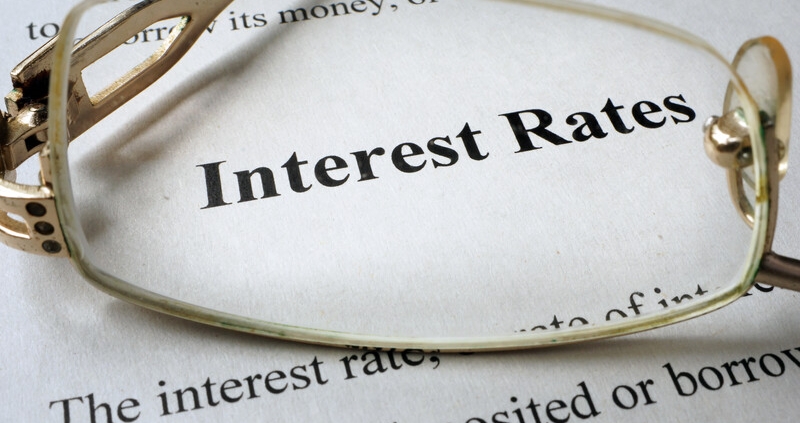Money Markets Expect Rates To Stay High For Years
Listening to discussions about what will happen with interest rates in 2024 is like walking into an open house at The Oxford Union of the namesake university. Debates to the right and left with the audience voting on the most compelling argument.
One of the loudest collective voices in the rate debate are the money markets, and they’re nowhere near as optimistic as those cheering a soft landing of the country’s economic airplane, according to Reuters. Financial markets are expecting interest rates to remain high for an extended period of time — 3% for years — with inflation still higher than the Fed wants and government spending driving new heights of public debt.
The former means the Fed could limit cuts and the latter will mean more U.S. borrowing at higher yields to attract buyers. The yields, especially for the 10-year, create an attractive place for investors to put money with relative safety, boosting the rates other outlets must get to provide risk-adjusted returns and compete as investment opportunities. In other words, don’t expect the decade of near-zero rates to return.
“Traders have in recent weeks doubled down on bets for steep rate cuts next year, encouraged by slowing inflation and a dovish shift from the U.S. Federal Reserve,” Reuters wrote. “Expectations that rates will drop at least 1.5 percentage points in the United States and Europe have boosted bond and equity markets.”
The Federal Reserve’s most recent collection of economic expectations show the projected federal funds rate range to be 4.4% to 4.9% this year, 3.1% to 3.9% next year, 2.5% to 3.1% in 2026, and 2.5% to 3.0% in the longer run.
The warnings aren’t coming only from money markets. There have been polar takes on the edge.
As Stephen Stanley, chief US economist at Santander, told the Financial Times, “You couldn’t draw up a more perfect economic scenario than the FOMC’s forecasts. If it happens, that would be tremendous. But there are only downside risks.”
As Jeffrey Gundlach — founder, CEO, and chief investment officer of Doubleline, and money management firm that is a big player in the bond market — told CNBC in an interview that when the yield level of the 10-year Treasury market goes below 4%, it sounds “almost like a fire alarm.” And the 10-year has been hovering under 4% since mid-December. If Gundlach is right and lower 10-year yields are portents of a recession next year, the Feds might raise interest rates as a way to drive down price hikes.
In other words, near-zero interest rates may be long out of play no matter how you look at current conditions.
Source: GlobeSt.










